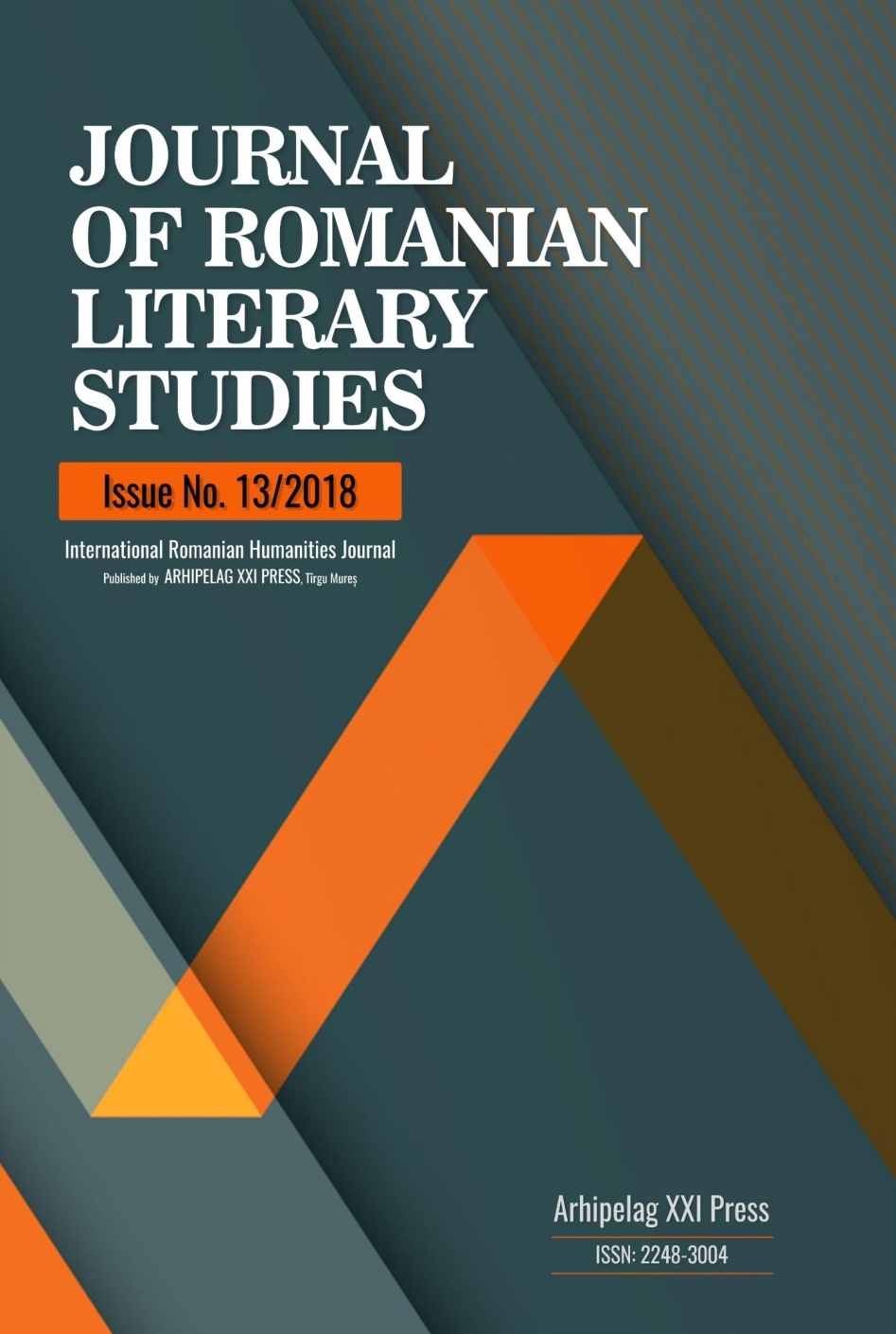PARALLELS AND RELATIONSHIPS IN THE SPIRITUAL BIOGRAPHIES OF WRITERS MIHAI EMINESCU AND JORGE LUIS BORGES
PARALLELS AND RELATIONSHIPS IN THE SPIRITUAL BIOGRAPHIES OF WRITERS MIHAI EMINESCU AND JORGE LUIS BORGES
Author(s): Luiza MarinescuSubject(s): Philosophy, Comparative Study of Literature, Romanian Literature, Theory of Literature
Published by: Editura Arhipelag XXI
Keywords: Mihai Eminescu; Jorge Luis Borges; Arthur Schopenhauer; Titu Maiorescu; I.A. Cantacuzino o Zizine; Schopenhauer De la quadruple racine du principe de la raison suffisante; Dessertation philosophique;
Summary/Abstract: This critical essay attempts to demonstrate the influence that the work of the German philosopher Arthur Schopenhauer, The World as Will and Representation, exerts on the vision of poetry and the fantastic prose of two writers from cultural spaces located on the borders of Latinity. Two geniuses from different eras, paradoxically united by a climate of common epoch: on the one hand Mihai Eminescu, who opened the way to two tendencies in the Romanian narrative, that of fantastic prose and that of philosophical epic; On the other hand, Jorge Luis Borges, the patriarch of postmodernism in world culture. This comparative critical essay aims to highlight the originality, the novelty of this vision, the specific sensitivity and creativity that these two writers with declared elective affinities have had in poetry and fantastic prose. There is no proof that Borges had read the works of Eminescu or that someone had read them to him or not. The truth is that, during his stay in Geneva, in 1916, Jorge Luis Borges came into contact with Romanian literature. A proof of this is the study of Willis Barnstone with Borges on an ordinary night in Buenos Aires / With Borges on an Ordinary Evening in Buenos Aires, which recalls the meeting in 1976 of the Argentine poet with Professor Matei Călinescu in Bloomington, Indiana (USA). ), to whom he recited and asked him to translate some Romanian terms for a ballad with a pseudo-folkloric nuance written in French by "an unknown Romanian writer, whose works she had read in Geneva" some time ago ». . Willis Barnstone tells that after 60 years, the Argentine writer "as if he were reading it, began to recite a ballad, any rhythmic, quite extensive, which had stumbled over half a century before." Today we can suppose that the prodigious memory of Borges could have reproduced the French verses of Elena Văcărescu, belonging to one of his volumes, such as Chants du Cobzar (Paris, 1907). This author had lived for a while in Geneva and was not, under any circumstances and under any circumstances, "an unknown Romanian writer". Why could not I have called attention to Jorge Luis Borges, the lover of the world of the Arabian Nights, the way in which the author of "Şeherezada" wrote or conferred and other essays on famous women, the first writer admitted to the Romanian Academy and whose verses had been awarded by the French Academy? Is it possible that Jorge Luis Borges had come into contact with Romanian literature? A simple anecdote barely suspects it. In any case, it would not be a small thing for the reader of the present lines to discover that elective affinities exist, despite the size of distances in space and time, in a world in which access to books was not carried out through digital libraries. The present work is addressed first to the students of the philology universities, professors, researchers and to all those who are interested in the unexplained literary similarities, in the incursions through the great epochs of the literature, in the revelation of the truths spiritual, in the fact that good literature is always modern. The inherent unity of these kaleidoscopic incursions comes from the curiosity aroused by the exploration of the works of the two writers, by a reader who has become a voluntary prisoner in the labyrinth of literature. Mihai Eminescu represents in the Romanian literary scene the entrance on the scene of a cyclone that changed the course of the lyric, providing color and a new mood. The comparison of certain aspects of his prose - narrative schemes, considered, ingenuously, inventions of contemporaneity - is not casual: a work misjudged or that has not been completely reviewed is half forgotten. A writer whose works continue to be published after almost a century of his birth is a gold mine for the later, which has the privilege of understanding and rediscovering a glow comparable to other stars in the literary firmament, as is the case of Jorge Luis Borges. There is no doubt about it. Sharing knowledge and experience during an Erasmus stage, the author is thankful of her heart and remains grateful for the excellent Spanish translation work done by Florentina Moroşan and Professor Laura Tallone from ISCAP, Porto, Portugalia
Journal: Journal of Romanian Literary Studies
- Issue Year: 2018
- Issue No: 13
- Page Range: 91-107
- Page Count: 17
- Language: Spanish

